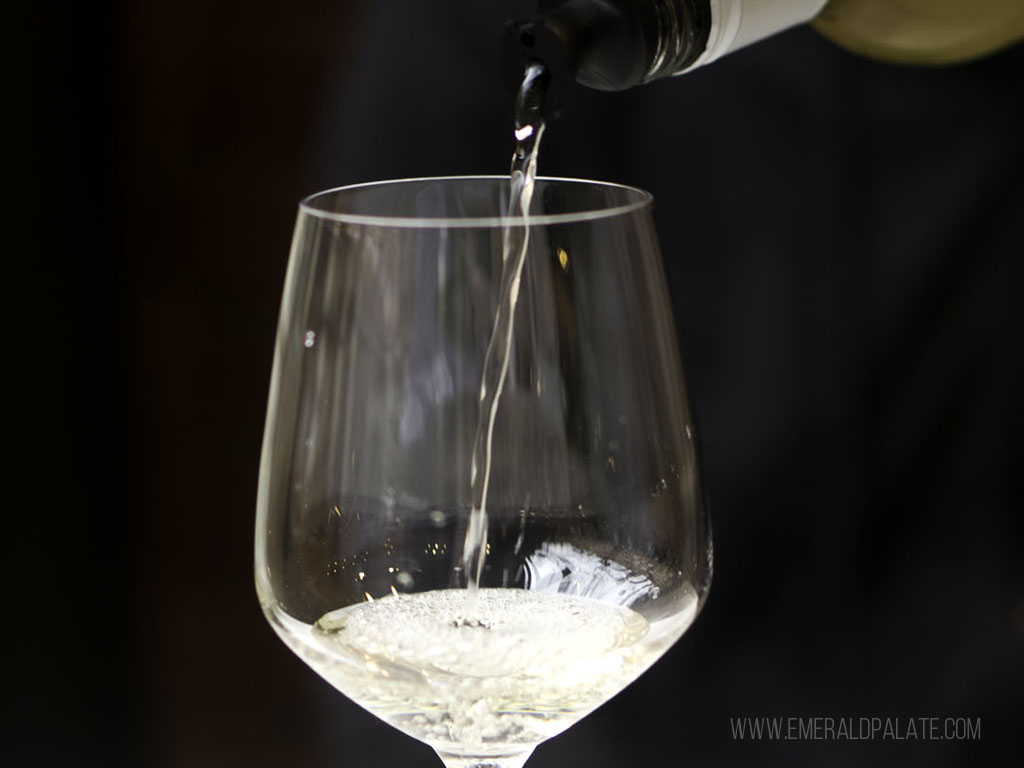
The 2020 protests ignited by George Floyd’s death made me revisit a question I asked myself a few years ago: where are all the Black-owned wineries? I remember stumbling across an article awhile back about Oregon’s first Black winemaker and thinking, “Hm, I never see Black winemakers.” I’m embarrassed that my thinking didn’t go much deeper than that at that time, but I remembered this as the world rallied to share the stories of more Black-owned businesses.
Inspired to dig into this more, I spent two weeks plumbing the depths of the internet to try and find the Black-owned wineries in the Pacific Northwest. In doing so, I learned some truths that are tough to swallow. So to hopefully spread the word and ignite change, I’m sharing with you what I’ve learned about being a Black winemaker in the US and the Black-owned wineries I’ve found in our area.
This post has affiliate links, which means I may earn a small commission at no cost to you if you click on them and make a purchase. This is a small way I earn money to support this site. If links aren’t showing up for you, turn off your ad blocking software. Thank you for your support!
Black-owned wineries in the US
After about 15 hours or research, I found 67 Black-owned wineries across the United States at the time of publication. Considering there are more than 1,600 wineries in Washington and Oregon alone, this is an alarmingly low number.
What’s more alarming, however, is just how few there are in the Pacific Northwest. I was astonished when I learned there are only 10 Black-owned wineries in the Pacific Northwest: 4 in Washington and 6 in Oregon. There is also one winery with a Black leader and one with an assistant winemaker in Oregon. The majority of the Black-owned wineries in the US are in California’s Napa Valley and greater San Francisco region.
If you know of any Black-owned wineries in the Pacific Northwest I missed, please email me so I can add them to this list. But to give you an idea of my process, I contacted every PR person for the following tourism boards: Lake Chelan, Walla Walla, Woodinville, Yakima, Lewis-Clark AVA, Washington Wine Alliance, Willamette Valley, and even British Columbia. I also asked winemakers.
I heard back from all except one person I contacted, and all of them said they either didn’t know of any others besides the ones I found or that there were definitively none in their region.
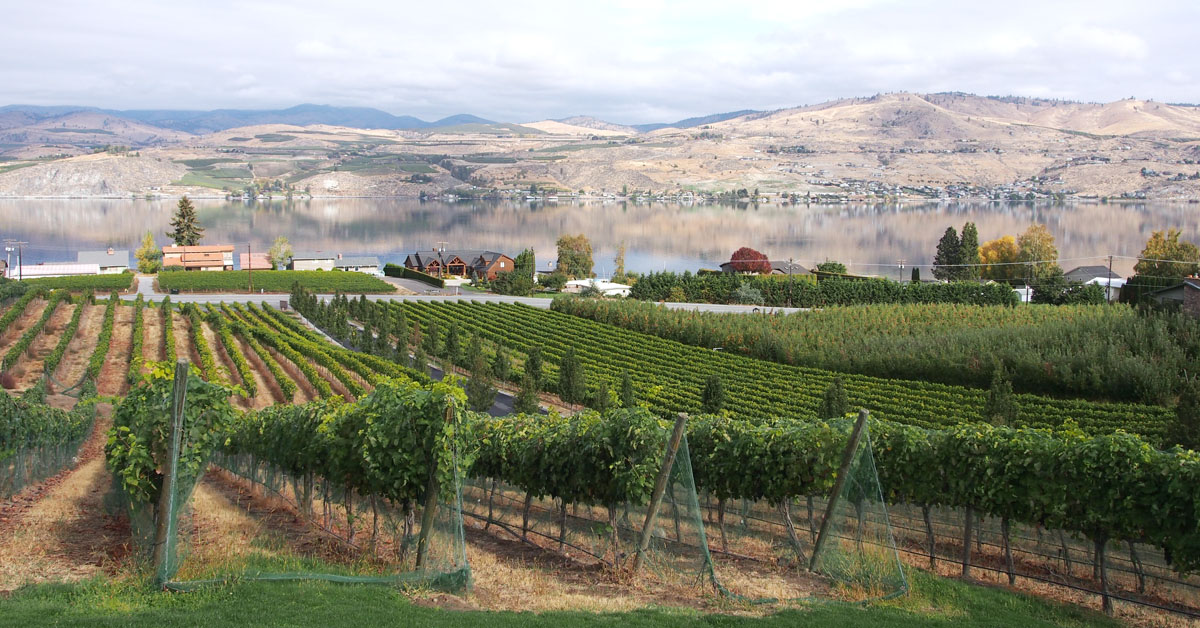
Casting my net further, I posted on Help a Reporter, a website journalists use to find sources for their articles. I heard back from one person who sent a few in California and one person opening a wine bar in Florida asking me to send this list when I’m done because she only knows of one in California.
Why aren’t there more Black-owned wineries?
This begs the question: “Why aren’t there more Black-owned wineries?” Answering this is complex, as there are a multitude of reasons there are less Black-owned wineries. While I can’t claim to know all the answers, here are some of the most cited reasons I found.
Black businesses have less access to loans
The US Federal Reserve released data in 2017 that showed Black business owners were less likely to get their loan application approved. While this study isn’t about the wine industry specifically, it’s not a stretch to imagine that loan rejections occur more frequently for Black-owned wineries that white-owned ones.
Investors think Black people don’t like wine
This article from Forbes includes an interview with 3 Black female winemakers. The author cites some of the most common misconceptions about Black people and wine:
- Black people only like sweet wine.
- Black people can’t afford expensive wine.
There are some studies that show Black people buy more sweet wine, but these “stats” are misleading. Ask anyone you know who drinks wine, chances are sweet wines were their gateway wine. Heck, I only used to drink sweet whites until I started to get more interested in wine and “graduated” to non-sweet ones.
Liking dry wines is an acquired taste. Just like none of us come out of the womb loving the taste of beer or whiskey, wine also requires determination and palate training. If you aren’t introduced to wine because of your race, then it’s harder for you to move through that typical palate progression.
I also want to acknowledge the judgement in expecting serious wine drinkers to not like sweet wines. This is a narrative started and spread by an industry dominated by white people, which makes it difficult for wine novices — especially those stereotyped as only liking sweet wines — to feel comfortable.
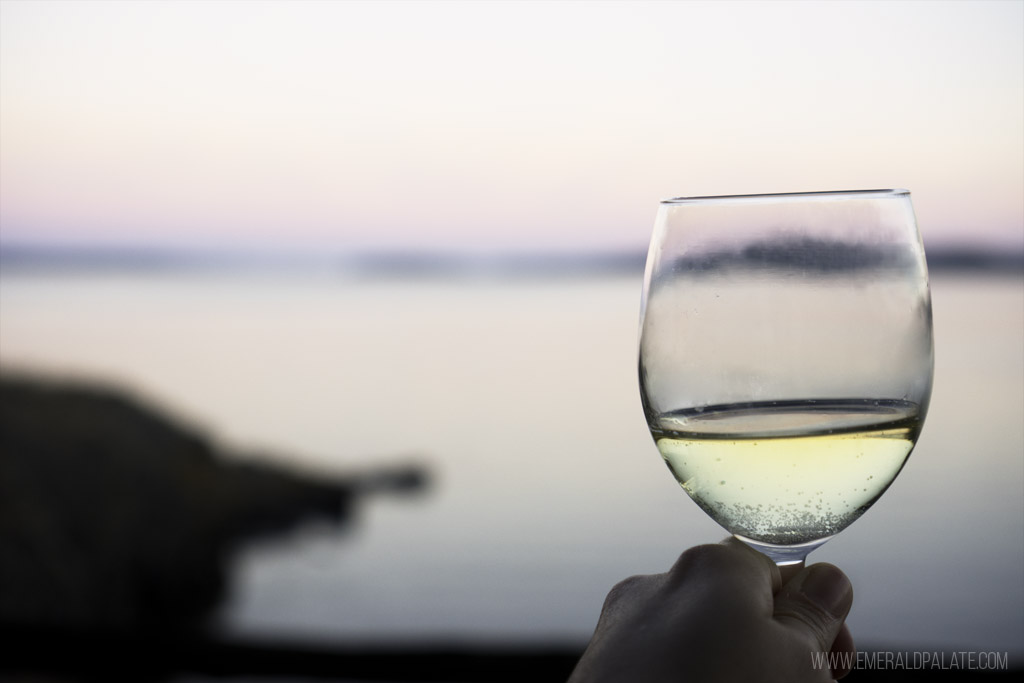
Marketing to Black wine drinkers isn’t prioritized
This article from VinePair talks about how Black people are severely under marketed to. You see fewer Black people in ads and less marketing money put toward channels targeting Black audiences. Given the lack of representation and messaging, it’s no wonder the industry can cobble stats together to show that Black people are less interested in wine. Would you be interested in an industry that doesn’t look like you or seem to want your money?
A lot of Black celebrities have started their own wine companies, both out of their love for wine but also as a way to use their platform to spread wine awareness among the Black community. For example, Ayesha and Sydel Curry, John Legend, Nicki Minaj, Beyonce, and Dwyane Wade are just a few of the Black celebrities who started a wine label.
So, let’s recap: Black people aren’t marketed to, so they don’t invest as much money into the wine industry. Therefore, the industry deems them not “ideal wine customers”. Banks and investors use this as “justification” for not funding Black-owned wineries, which results in Black winemakers getting fewer loans. The end result? A low number of Black-owned wineries.
Wine careers are pricey
Another likely reason there are fewer Black-owned wineries or winemakers is that breaking into the wine industry and starting a wine business costs money. It’s not news that every BIPOC group and white women make less money compared to each dollar earned by white males. Wine education and certifications costs thousands upon ten thousands of dollars, which are proven to be less accessible to Black people interested in exploring a career in wine.
Similarly, wine production requires equipment. Washington State University conducted a study showing it can cost more than $500,000 to produce just 2,000 cases. I spoke with Shae Frichette, the owner of Frichette Winery in Washington and she confirmed the cost is one of the most difficult parts about getting started.
“The cost of wine grapes, equipment, and space can be expensive for a start-up, and wine takes time to develop before it is bottled and ready to enjoy. So the investment doesn’t come back immediately. The investment in starting can be a barrier.”
Match the cost of entry with the fact that Black small business owners receive fewer loans, and you have a cycle of limitations that reduce the prevalence of Black-owned wineries.
Black winemakers tend to be taken less seriously
During my research for this article I read countless stories of Black winemakers sharing how they were mistaken as the “help” instead of the boss. Or how they were bypassed for a promotion compared to their peers.
“I’ve certainly been overlooked at tastings or glossed over in conversations about wine,” Shae of Frichette Winery recalled. “Once I was at a trade event and was welcoming a trade professional and asking how his trip was. He blurted out, ‘Excuse me, I really want to chat with the winemakers.’ I was taken back that he assumed that I couldn’t be a winemaker. I can’t point those experiences directly to race, but I do wonder if my race and gender played a part in how I was treated.”
Where are the Black-owned wineries in the Pacific Northwest?
Obviously Black people do like wine. And therefore there are wineries run by the Black community. Below are the Black-owned wineries I was able to find in our region.
Washington
Here are the three Black-owned winery in Washington I was able to find.
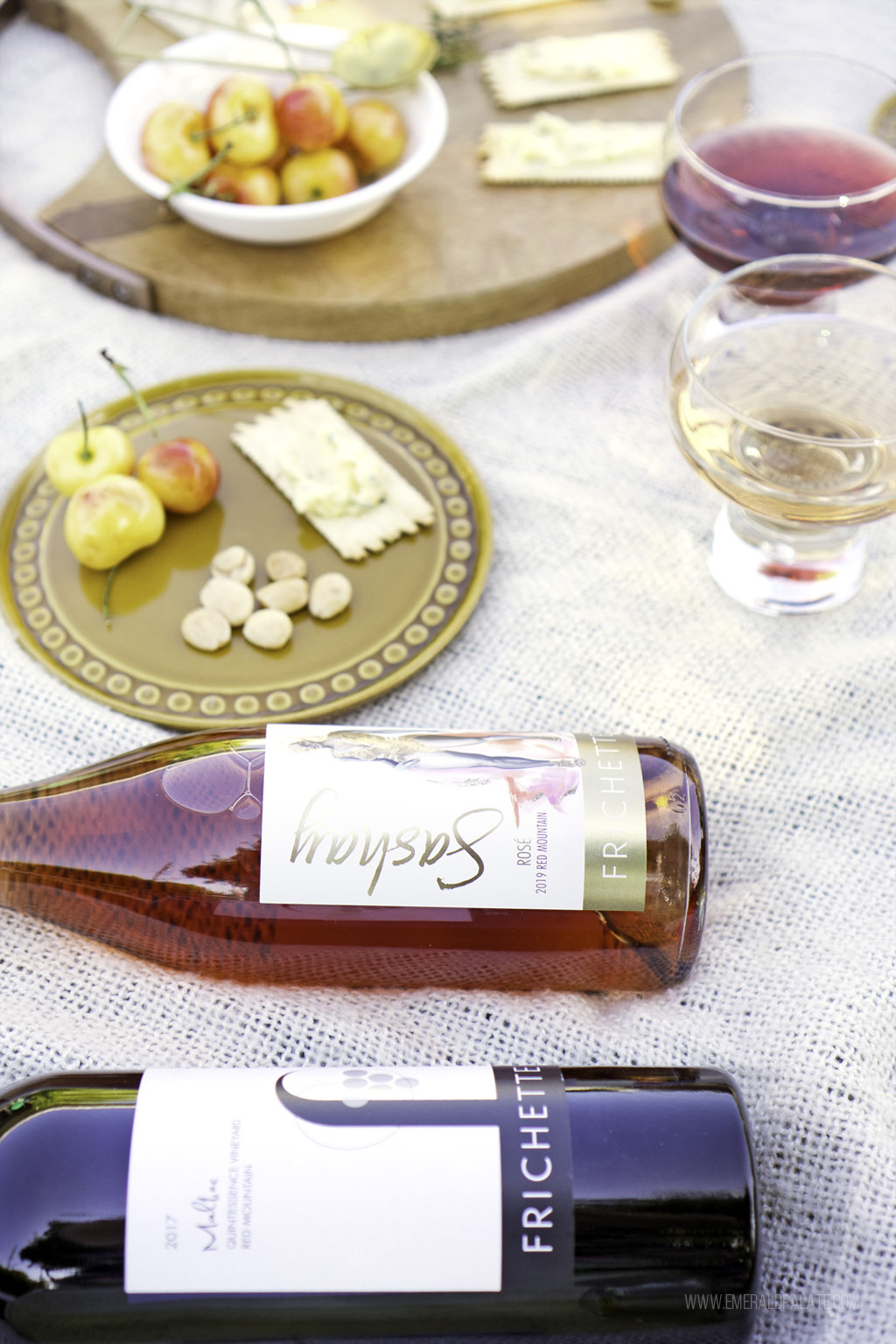
Frichette Winery
website | Red Mountain (Benton City) | 39412 N Sunset Rd
Frichette Winery is owned by husband-and-wife duo, Greg and Shae Frichette. They focus on Bordeaux-style wines, which means most of their wines are a red blend made predominantly of cabernet sauvignon, cabernet franc, and merlot grape varietals common in the Bordeaux region of France. However, all their grapes are sources from the Red Mountain AVA in Washington and turned into about 2,000 cases of wine per year under their house label and Shae’s second wine brand, Sashay.
“We want our wine to tell the story of the place it’s from,” Shae explained when I interviewed her for this piece. “Not in a ‘thinky’ kind of way, but in a way that you get what Red Mountain tastes like. We enjoy making wines where the flavors harmonize. So that the wine doesn’t take away from the moment, but it just meets you where you are. We love tannin, subtle oak, fruit, a long finish.”
I was able to try Frichette’s 2017 Quintessence Malbec and was blown away. It was heavy and inky with complex flavors and dryness. If you are a fan of red wines, make sure to try Frichette.
Lashelle Wines
website | Woodinville, WA | 19501 144th Ave NE
Lashelle Wines is a newer addition to this list and the Woodinville wineries scene about 30 minutes from Seattle. Winemaker Lashelle makes mostly red wines and serves them in her tasting room out of Woodinville’s Warehouse District. She was inspired by her mother Carol and grandmother Gladys to chase her dream of making wine and opening a fun, inclusive tasting room.
Dossier Wine
website | Walla Walla at 8 W Main St & Woodinville at 15029 Redmond-Woodinville Rd NE
Dossier Wine is the newest Black-owned winery to open in 2021 in Washington. It’s co-owned by NFL star Sidney Rice alongside Walla Walla local Tim Lenihan. Their goal is to create world class wine with a modern and unstuffy approach.
Right now their wines are only available online, but a downtown tasting room is in the works alongside other Walla Walla wineries.
Saanj Winery
website | Woodinville, WA | direct-to-consumer only
Saanj Winery is a newer Black and Punjabi-owned winery making approachable wines that celebrate the diversity of both grapes and people. Owners Shahron and Kye noticed a lack of BIPOC representation in the winemaking industry, so they set out on a mission to make wines that showcase diverse cultures and provides an inclusive space to appreciate the art of winemaking.
Saanj is a Punjabi term from Northern India that embodies the essence of a harmonious space fostering deep connections across diverse backgrounds. That fits with their hope of making a space that’s more than just about wine, but rather is a celebration of unity, art, and individual stories, using wine as the bridge to forge authentic bonds.
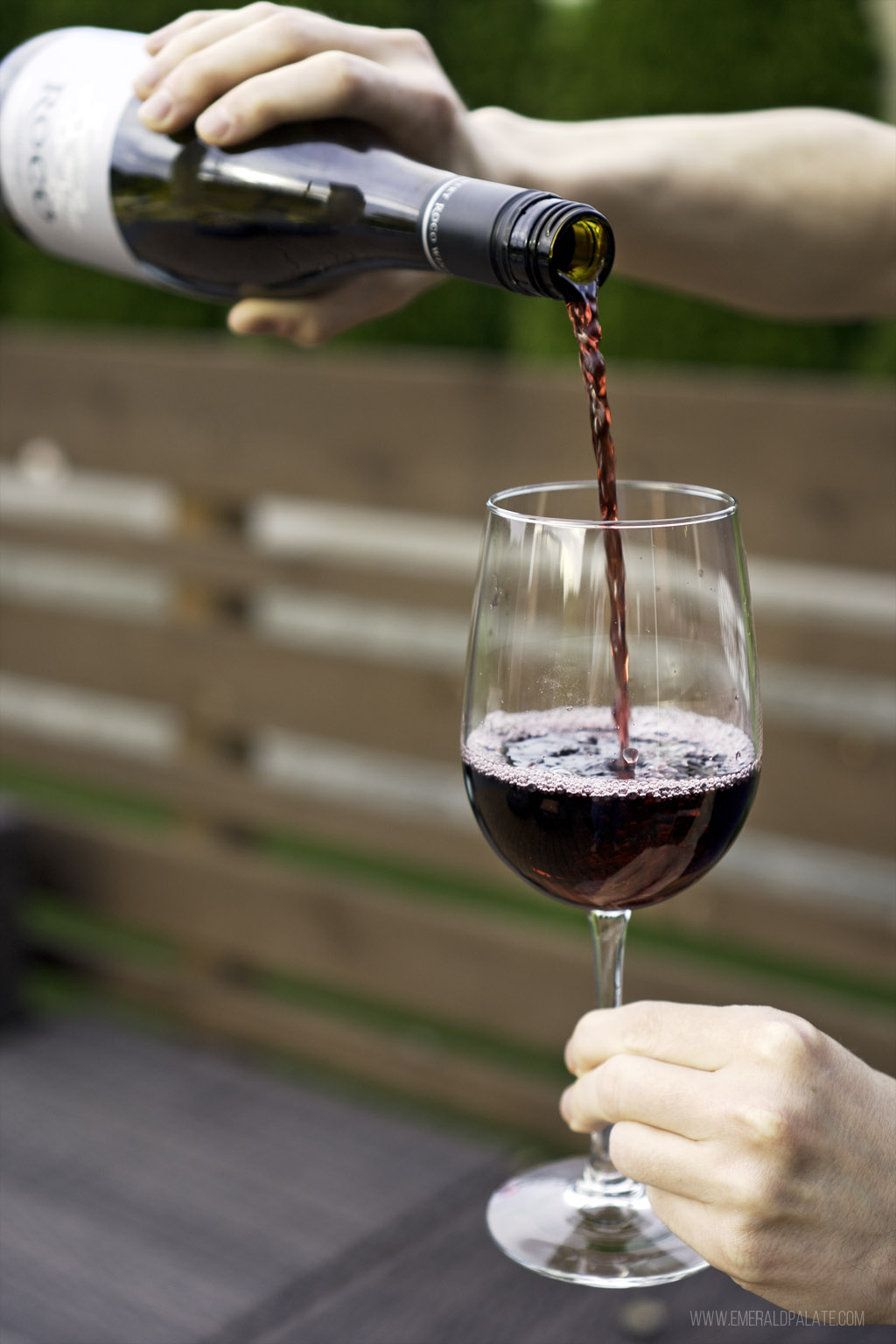
Oregon
Here are the 5 Black-owned wineries in Oregon I was able to find. Plus one winery with a Black winemaker and one with a Black president.
Abbey Creek Vineyard
website | Willamette Valley (North Plains) | 31441 NW Commercial St
Bertony Faustin is the first recorded Black winemaker and vineyard owner in Oregon. He got into the industry after his father passed away. Not because of his love of wine, but because of his need to drive change. His bio claims that if wine wasn’t the vessel to drive this change, raisins would be.
He’s left a huge impact on the winemaking industry, most notably by creating a documentary alongside other under-represented winemakers and owners called Red, White, and Black.
You can try Abbey Creek wines at its tasting room outside Portland called “The Crick”. It’s described as a “hip hop winery”, where you’ll often hear hip hop jams blaring and a staff ready to pour wines without snootiness or pretentiousness.
Maison Noir
website | Willamette Valley (McMinnville) | no tasting room
French for “The Black Sheep”, Mouton Noir was started by wine industry veteran André Hueston Mack as a way to feature a less traditional side of winemaking. André left his desk job in investments to pursue his passion for wine. He became an award-winning sommelier and worked for Thomas Keller at both The French Laundry and Per Se before getting into winemaking.
Mouton Noir is André’s more premium label. The focus is on big pinot noirs, but all his available varietals look to honor the Oregon region the grapes were sourced from to give you an honest taste of its terroir. It’s sold under the umbrella brand Maison Noir. Which includes his everyday wine label called “Maison Noir”, and a t-shirt company.
I was blown away by the O.P.P. pinot noir. It’s got more heft than your traditionally lighter pinot noirs and has a super craveable jammy finish that makes it a porch pounder.
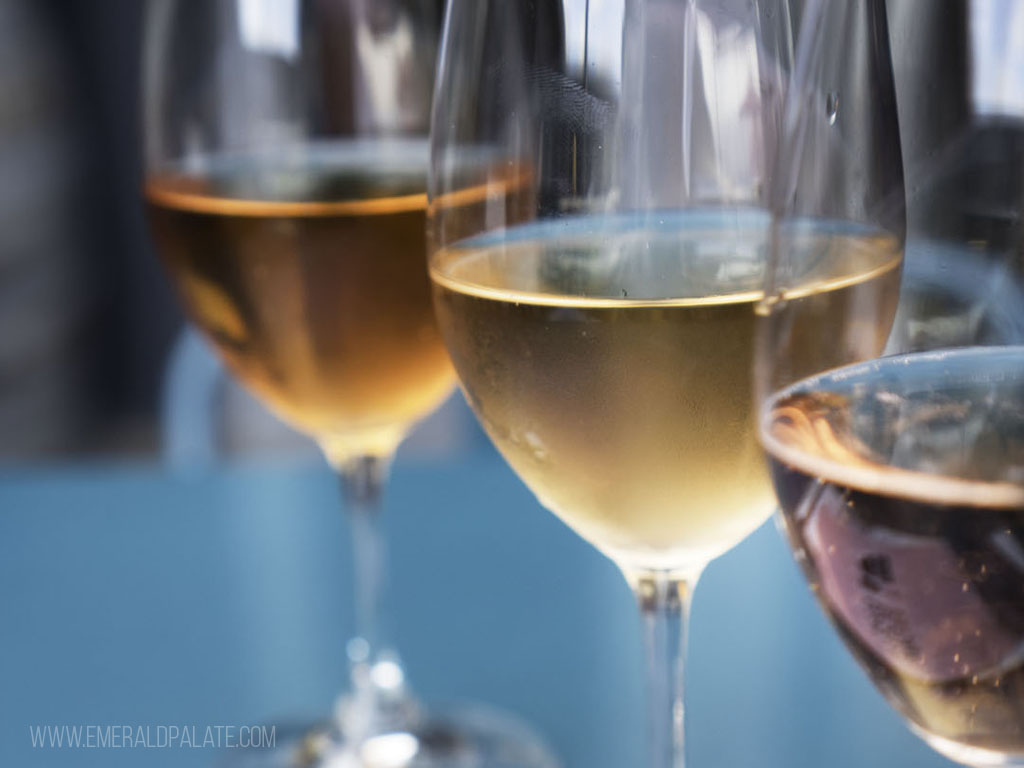
Stony Wines
website | Willamette Valley | no tasting room
Donna Stoney started her career in social services, but always dreamed of opening a winery. She was able to in 2019 with the guidance of Bertony Faustin of Abbey Creek Vineyards. However, she didn’t lose sight of her social work background: a portion of her proceeds go to programs for people with intellectual and development disabilities.
Eunice Chiweshe Goldstein Winery
website | Astoria | 1040 Commercial St
Filmmaker Eunice Chiweshe Goldstein bought land on the Oregon coast in May 2017 and her winery licenses in August 2018 with the dream of opening a tasting room that blends her love of film, wine, and social good. She credits these three passions to her experience growing up on her grandparents farm.
“I remember as a little girl being on the farm and watching my grandma and grandfather brew beer,” Goldstein explained. “I remember we’d be on the farm and I’d start directing everyone, saying, ‘We’re going to put on a play. I’ll play this person, you’ll play that person.’ We’d kick up dirt for effects…I started at a young age putting on little productions and knew by the time I was 5 years old that I wanted to get into Hollywood filmmaking.”
When asked how she ended up making movies in LA to owning a tasting room in Astoria, she explained it’s all connected. The Oregon Film Museum is in Astoria not very far from her tasting room. Her dream is to fill the space with film memorabilia and host film events. She also hopes to open a tasting room and bed and breakfast on her Oregon Coast vineyard.
Right now she’s farming pinot noir by herself and supplementing with California, Washington, and Oregon grapes while she waits for her vines to mature. People tell her that the coastal vineyard location won’t work, but she’s determined. She sourced specific pinot noir clones from France known to thrive in cooler climates and has faith given there are vineyards thriving on the island off Seattle. Her dream is to open up a little bed and breakfast on the coast overlooking her vineyards.
She’s making about 2,000 cases a year of pinot noir, but her land also has a ton of blackberries that she hopes to turn into wine. She said among her friends, she’s known for her fruit wines. They love how the blackberry wine is fruity like pie and reminiscent of merlot. It’s sweet, but not port sweet.
Goldstein named the winery after her grandmother. She recalls that there were always so many people on the farm, visitors that her grandmother would be helping. She recalls them sipping her grandfather’s beer and getting the sense they were drinking with purpose, which inspired her to tie the #purposewine movement into her business. As part of this, Goldstein donates sales to a different cause each month and promotes her films on social justice through her winery.
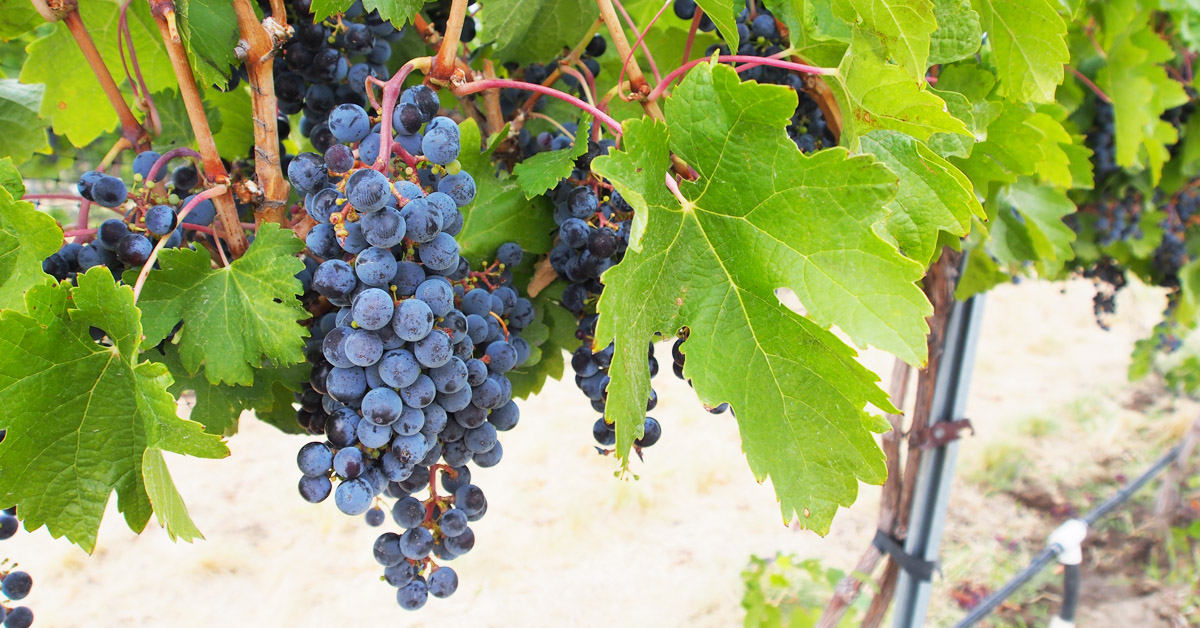
Chosen Family Wines
website | Willamette Valley (Newberg) | online only
Chosen Family Wines is one of the newer Black-owned Oregon winery. It’s co-owned by Channing Frye, ex-NBA player for the Portland Trail Blazers. He decided to partner with L’Angolo Estate owner-winemaker Chase Renton and general manager Jacob Gray to create a new wine label focusing on the area’s famous pinot noir and chardonnay.
McCollum Heritage 91
website | Willamette Valley (Newberg) | online only
McCollum Heritage 91 is another partnership with an ex-NBA star. You may recognize CJ McCollum from the New Orleans Pelicans, but he first got his start playing for the Portland Trailblazers. Portland’s prime location near one of the best wine regions in the US got CJ interested in wine.
He partnered with Adelsheim Vineyard to launch McCollum Heritage 91 in 2020 to launch a pinot noir, rose, and chardonnay. CJ has since purchased a 318-acre vineyard in the Yamhill-Carlton AVA with possible plans to open a tasting room. Until then, though, you can order his wines online.
Jarod Sleet of ROCO Winery
website | Willamette Valley (Newberg) | 13260 NE Red Hills Rd
This isn’t a Black-owned winery, but Jarod is the assistant winemaker at ROCO and one of the few Black winemakers in the PNW. I discovered ROCO at a virtual wine tasting event put on by Wine.com and was obsessed with the 2018 Gravel Road Pinot Noir they featured at the tasting. Jarrod works alongside the owner and lead winemaker, Rollin Soles, to make wines using grapes sourced from Willamette Valley wineries that are certified Salmon Safe and have other sustainable designations.
Jarrod went to culinary school thinking he wanted to be a chef. But his interest in learning about where food comes from eventually led him to Oregon wine country. He started as a harvest intern before moving on to get his bachelor’s degree in viticulture and enology from Oregon State University. He was a winemaker at Cana’s Feast, Archery Summit, and Argyle before joining Rollin at ROCO in 2017 as the assistant winemaker.
Tiquette Bramlett of Our Legacy Harvested
website | Willamette Valley
Tiquette Bramlett doesn’t own a winery, but she founded a nonprofit called Our Legacy Harvested aimed at helping diverse winemakers. She’s also been president of Compris Vineyard and on the board of Chosen Wines, so she has some serious wine industry chops.
She grew up in California with a family of Oregon Ducks, so an annual trip to Eugene, Oregon was a must. While those trips didn’t include wine, she made the shift into the industry after an eye-opening experience where she discovered she had thyroid cancer after a car accident. She was able to secure an interview at Amie Vineyards in Carlton and work her way up the ladder. Now she’s leading the pathway to herald in more people from diverse backgrounds into the wine industry.
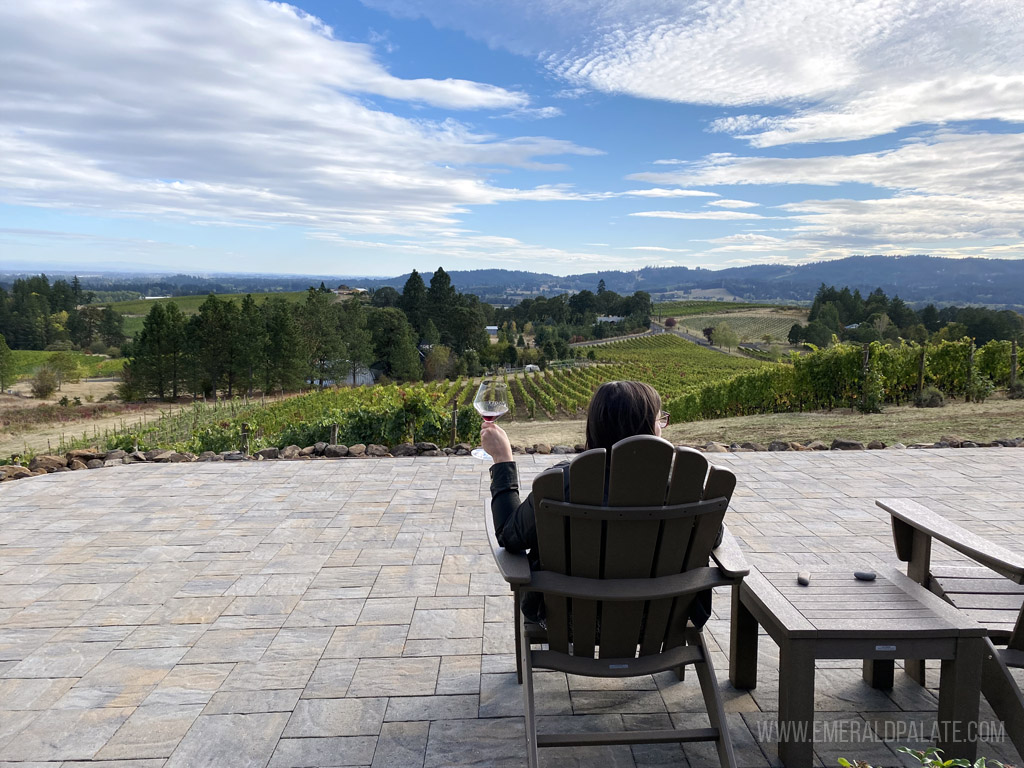
Why don’t most Black-owned wineries farm vineyards?
As I was researching the Black-owned wineries around the US, I realized that most of them don’t grow their own grapes. Curious, I started doing some digging as to why this is.
I came across Zafa Wines out of Burlington, Vermont, who was doing a campaign to raise awareness for systematic racism in farming. It was there I learned that only 0.4% of US farm acreage is Black-owned.
This sent me down the rabbit hole of researching why that is. I landed on this really thorough article by the Center for American Progress. I encourage you to read it to get the full story and facts, including a well-documented source list. But here’s the main points that stuck with me.
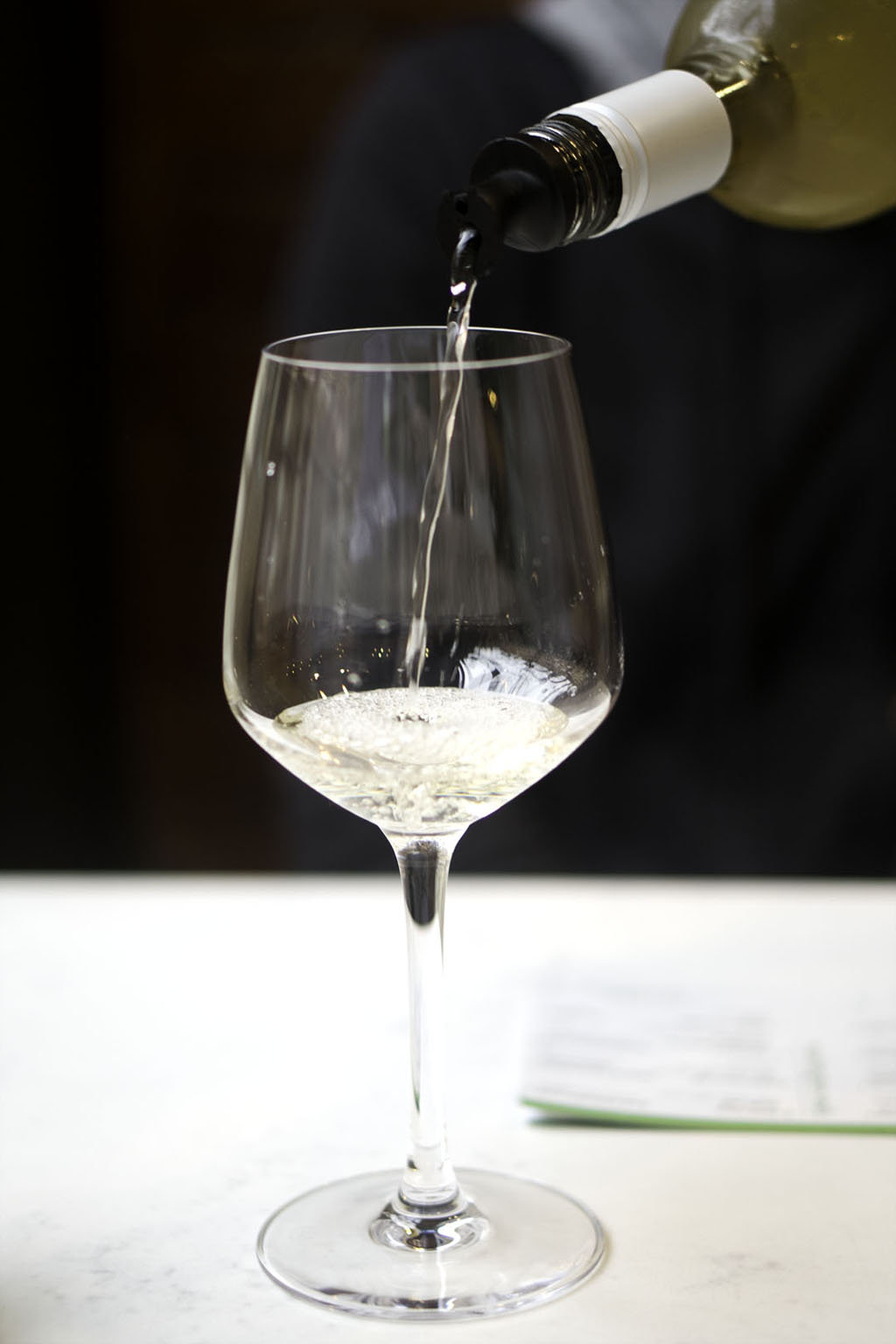
The number of Black-owned farms in the US has decreased since 1910 from 14% to 1.58%. This means Black farmers lost about 80% of their land over the course of a century.
This was in large part due to discriminatory practices by the USDA and private institutions, which gave Black farms less access to credits, funding, and other resources their white counterparts received. This resulted in not only fewer Black-owned farms, but Black farmers earning significantly less than white farmers.
From the article:
“…in 2017, the average full-time white farmer brought in $17,190 in farm income, while the average full-time black farmer made just $2,408.”
While discrimination lasted for decades, a landmark case brought attention to it in 1997 when Timothy Pigford filed a class action lawsuit on behalf of Black farmers against the USDA. The Pigford v. Glickman lawsuit resulted in the largest civil rights settlement in history in 1999, requiring the US government to pay $1.06 billion in relief.
Unfortunately, 9 out 10 Black farmers who tried to apply for claims were rejected. The USDA was accused of obstructing justice, in which the Bush administration responded by spending $12 million fighting these claims. It wasn’t until Obama came into office that Black farmers were provided the relief they were entitled to from the settlement.
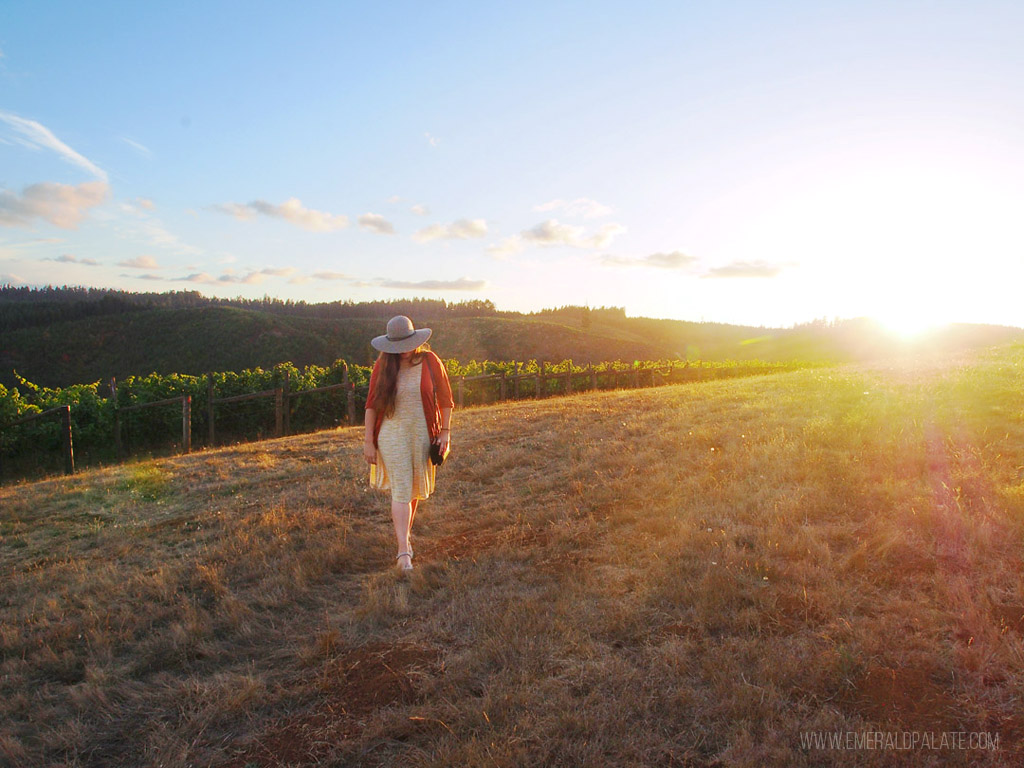
All of this isn’t to say that all is good and Black farmers have the same access as white farmers. Unfortunately there is still disparity and the Trump administrative did not help close the gap. The USDA still has a long way to go, as The Counter revealed in 2019 when they discovered the government organization was sharing false data to fake progress in the fight for fair treatment and opportunities for Black farmers.
So, what does this all have to do with wineries? While I unfortunately couldn’t find much confirming Black vineyard owners experience similar challenges as other Black farmers, it seems fair to suppose that a combination of these discriminatory practices combined with the above-mentioned lack of access to capital makes it more difficult than it otherwise would be for Black wineries to farm their own grapes.
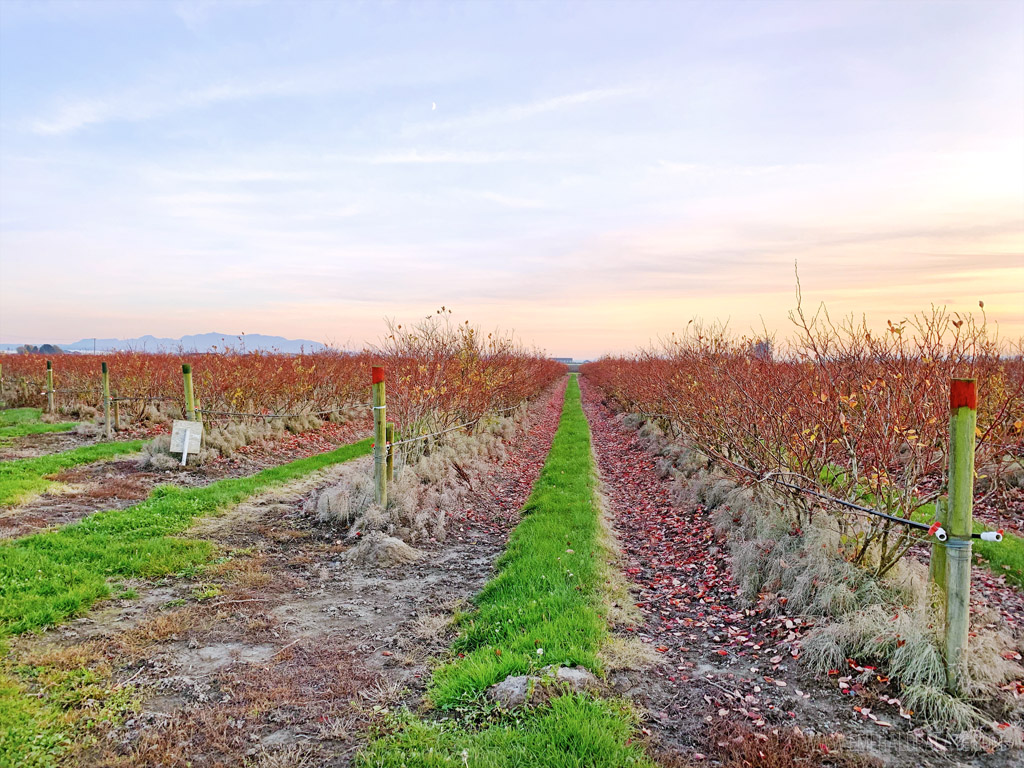
Where can I buy wine from Black-owned wineries?
Buying wine directly from Black-owned wineries is your best bet for ensuring you get your hands on their wine and that all your money goes to them. As I was researching Black-owned wineries in the US, I learned most actually don’t have tasting rooms.
Again, the difficulty in securing credit matched with the fact that a lot of popular wine tasting areas are in extremely expensive real estate areas (cough Napa cough) makes it more fiscally sensible for most of these wineries to distribute or sell direct-to-consumer instead of operating a tasting room.
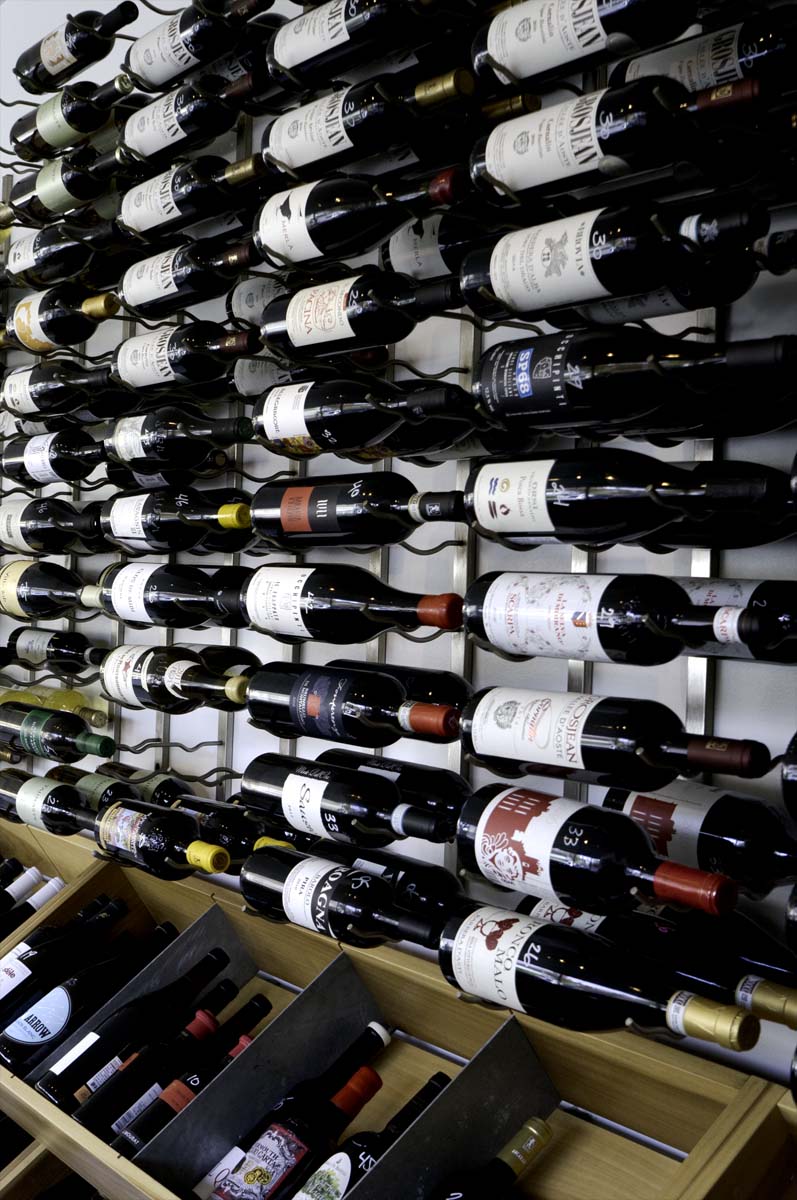
Another possible reason fewer Black-owned wineries have tasting rooms may be because of redlining. While I couldn’t find any resources specifically validating this, I wouldn’t be surprised if this historical practice where investors didn’t give loans to whole neighborhoods based on their race or ethnicity played a part in it.
It’s not a stretch to imagine that Black winery owners may want to open wineries in these neighborhoods, whether it’s because they’re underserved and thus provide a competitive advantage or commercial space is less expensive. However, if they can’t get loans to open up in these neighborhoods, this may leave them no choice but to open up shop in pricier neighborhoods or find another way to get their wines to consumers.
Again, this is all conjecture and I haven’t been able to validate this, but I don’t think it’s a stretch to assume this is a factor.
Unfortunately I haven’t been able to find any Seattle wine shops that sell wines from Black winemakers.
However, you still have a few options. PCC Markets often carries a few Black-owned wine labels like Maison Noir. One of their employees also mentioned that they’ll order any wine for you at no extra cost if it’s one of their partners, and you can buy as little as one bottle at retail price.
There are also a few wine subscription services that offer curated boxes of wines made by people of color. For example, Legacy Cellar Club offers 3-bottle wine clubs organized by wine style. Wines by Mozel is another subscription box created by sommelier Mozel Watson.
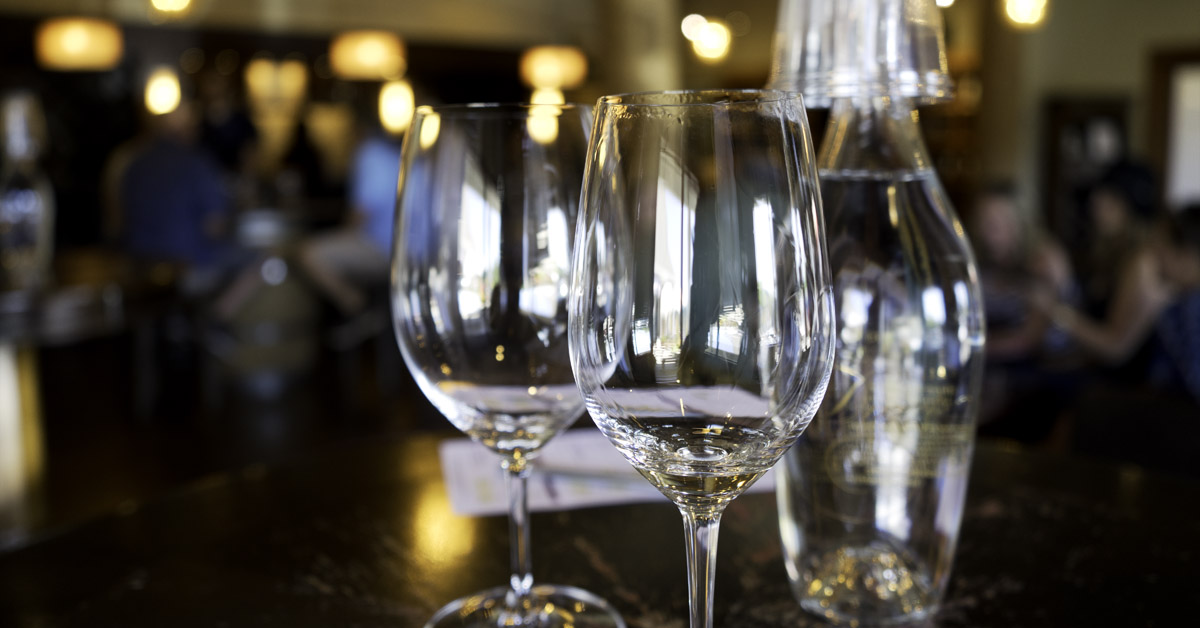
“We are making wines that we want people to get excited about having in their lives,” Shae of Frichette Winery said. “I love when our wines become a part of ‘the deep conversation about to happen’, the birthday gift, the ‘thank you’, or the ‘I’m sorry’. I also love it when it’s the Tuesday night wine or the wine that my friend said I had to try.”
The next time you need to pick up one for one of life’s special moments, consider purchasing from a Black-owned winery. Currency is our voting power as consumers. “Voting” for Black-owned wineries not only helps each individual one we support to thrive, it tells the wine industry loud and clear that there is demand for Black-owned wineries.
Call up your local wine shop and ask about Black-owned wineries. Share about them on social media. Buy them for every wine gift you ever give. Small actions like this add up when we all do them and can help Black winemakers break out of the endless cycle of limitations they meet when just trying to make it as a business.
Where can I learn more about Black-owned wineries?
I’m just delivering and synthesizing a glimpse of the stories behind Black-owned wineries. During my research I found these resources immensely valuable. I encourage you to give them a visit to learn more. Support them through donations, and help amplify the narrative of underrepresented winemakers and owners by sharing what you learn.
- National Black Farmers Association
- Julia Coney, wine journalist and founder of Black Wine Professionals
- Wine Avengers, a podcast highlighting Black voices in the wine community
- Clemmons Family Farm, a Black-owned farm in Vermont that shares Black stories as it relates to wine
- Zuri Wine, a Black-owned wine event and promotion company that curated a list of Black-owned wineries around the world and hosts tours in LA, South Africa, and a few other spots
- Cuisine Noir Magazine, which curated a list of not only Black-owned wineries, but also Black-owned breweries and distilleries around US
- Black Girls Wine, a society for Black women in the wine industry
- Another list of Black-owned wineries curated by the McBride Sisters Collection
- Red, White, & Black documentary produced by Bertony Faustin of Abbey Creek Vineyards to shed light on the experience of minority winemakers
- Wine Empowered, a nonprofit helping women and minorities get free wine education
- Soul of Sonoma, a Sonoma County, California company that offers tours, tastings, and events so guests can experience Black-owned wineries
- Noir Vino Tours, a Black-owned wine tour company in the Seattle area
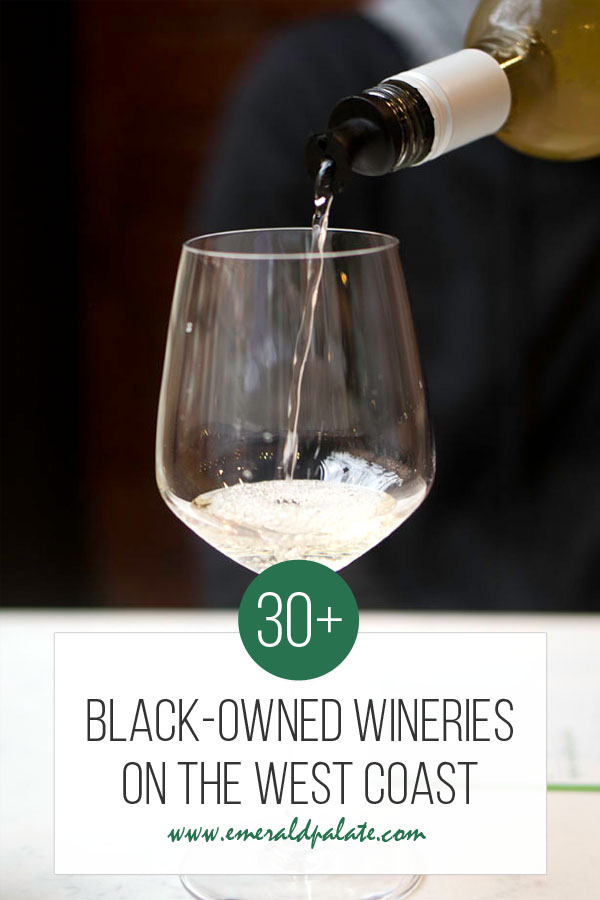

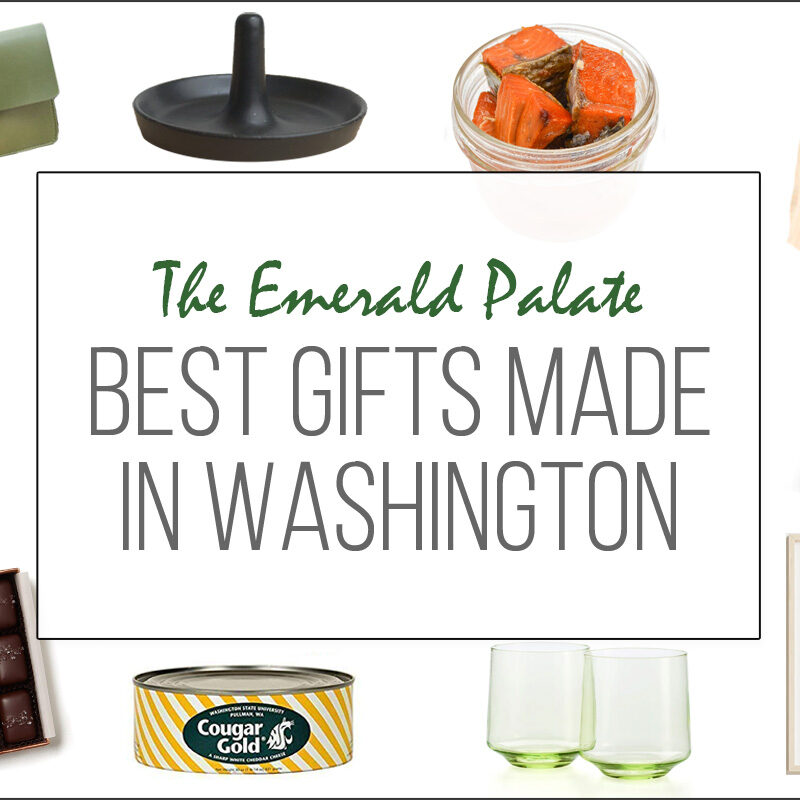
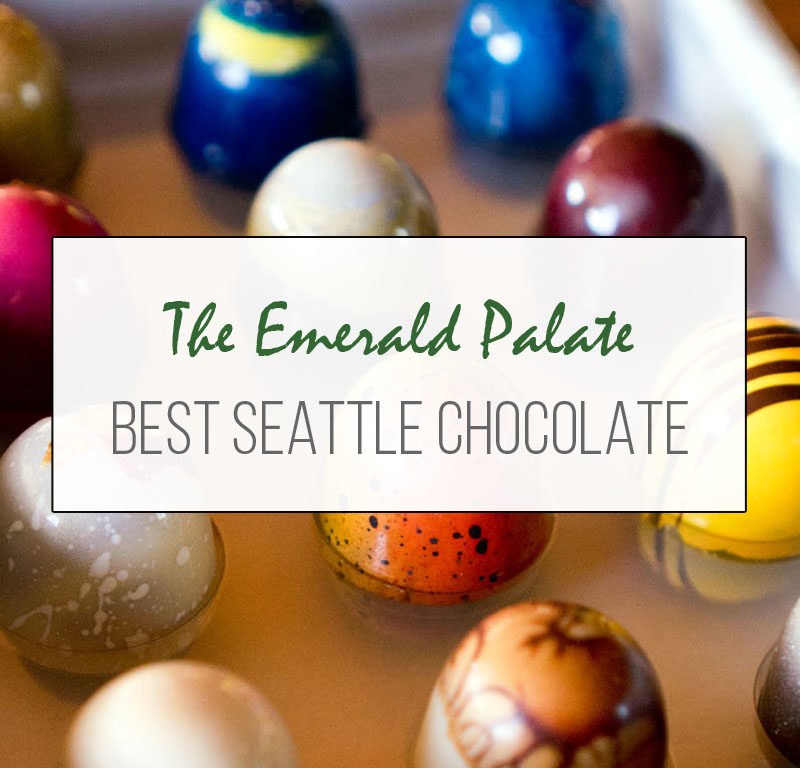
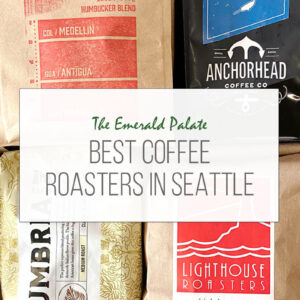
This is such a great, well researched article. So much info! I’m now determined to find a local place that sells wine from one of the listed wineries.
Thank you so much! Please let me know if you find any! I spoke with Ballard Market and they said they’re trying to sell Abbey Creek Vineyards, so hopefully that pans out!
Such an excellent article, Adria! Thank you for researching this subject and providing this information.
Thank you so much! I appreciate you reading it!
Thanks for sharing your thorough research! I really appreciate it. Heading to these websites now to order some wine!
Amazing, I hope you find some new favorites! Thank you for reading!